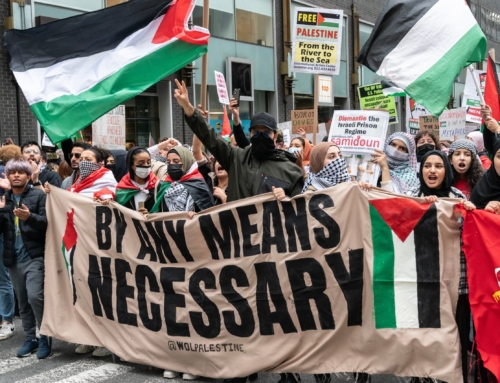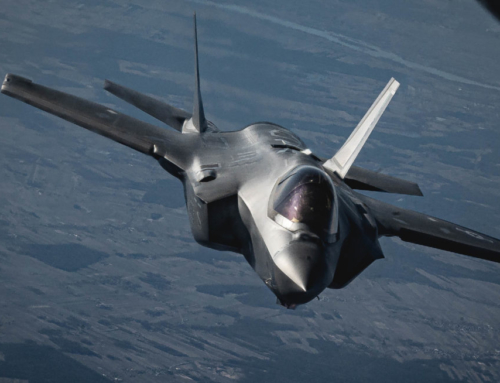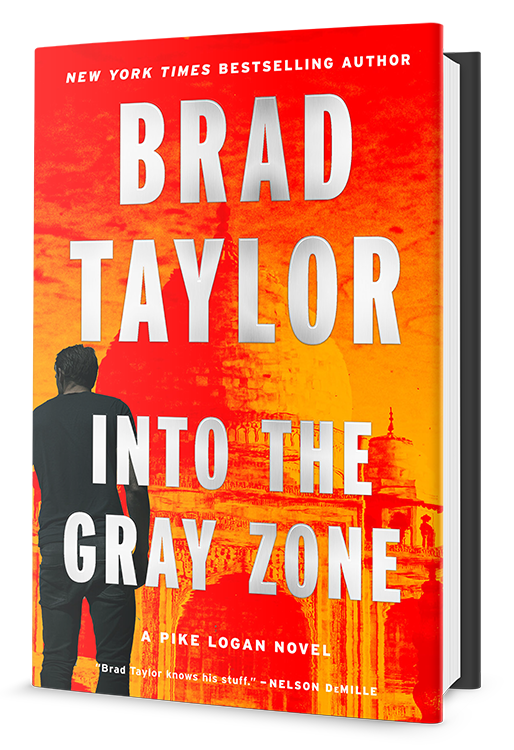On Mother’s Day I read two news stories that really got me thinking about what drives our foreign policy. Twin car bombs were detonated in Damascus killing fifty-five people. This set off a worldwide media frenzy about how fragile the current truce is and how the UN better get on the ball. On the same day, a bus was found in Mexico with the bodies of upwards of seventy people butchered, their heads, hands and feet cut off. The gruesome discovery was just a blip in the news cycle.
Google “intervention in Syria” and you’ll find a plethora of articles all bemoaning that the United States is failing in its duties by letting the bloodshed in Syria continue unabated. Senators have screamed for no fly zones and the secretary of state has lambasted the UN for not intervening.
Google “intervention in Mexico” and you’ll find a plethora of articles discussing the US intervention in the Mexican revolution of 1917. The only person who has ever mentioned any intervention in Mexico was Governor Rick Perry when he was running for president, and the idea was roundly dismissed.
What’s the difference? Is it the scope of the tragedy? I don’t see how. Two journalists were killed in the crossfire of Homs, Syria, and the entire world mourned. The deaths made headline news for days. Four journalists were captured, tortured unmercifully, decapitated, then dumped in a Mexican city, and they received barely a mention. That’s four more journalists, I should say. A protester gets killed by snipers in a crowd in Syria, and it’s on the network news. In Mexico, a guy gets tortured to death and has the skin of his face stitched onto a soccer ball, and you can’t even find a reference to it in the American press.
Nearly 60,000 people have been killed in the Mexican drug war. That’s a six with four zeros, in a conflict that has been raging since 2006. In Syria, 8,000 have been killed in about 18 months. We’ve let the slaughter go on in Mexico for six years without any concrete discussion. Within that time we’ve intervened in Libya and are poised to do the same in Syria when the death toll of the two combined pales in comparison to Mexico. It can’t simply be for humanitarian reasons.
Is it the strategic nature of the terrain? Perhaps. Ignoring Libya (since I can’t find any national security interests whatsoever), no doubt Syria is a lynchpin of a whole host of issues in the Middle East, from Iran to Lebanon. Its destabilization could create a problem set that we’ll be dealing with for the next generation, much like the country’s creation after WW I created a problem set for this generation. But is Mexico any less strategic? How about the rest of Central America? That’s where the cartels are currently spreading their tentacles. Are a destabilized Mexico and Central America nothing but a blip on the radar? The U.S. is wringing its hands about the encroachment of al Qaeda into potential failed states such as Yemen and Syria, and yet seemingly turns a blind-eye to what’s happening just across our own southern border.
To be sure, I’m not advocating intervention in either place, and yes, I understand that I’ve completely ignored the fact that Mexico gets a vote. The point of this isn’t to start a drumbeat for a cross-border raid into Mexico. I’m simply wondering out loud what drives our policy. Wondering if it’s nothing more than a self-licking ice cream cone predicated on what political points can be scored, instead of a measured approach that truly serves our national interests.










Wow, someone else who gets it~!! No wonder I enjoy your books so much Mr Taylor.
[…] atrocities are not as comparable as Bolan would like to think. While I discussed this very thing in a blog post two years ago, before the rise of ISIL, there is a distinct difference between these phenomena. The cartels kill […]